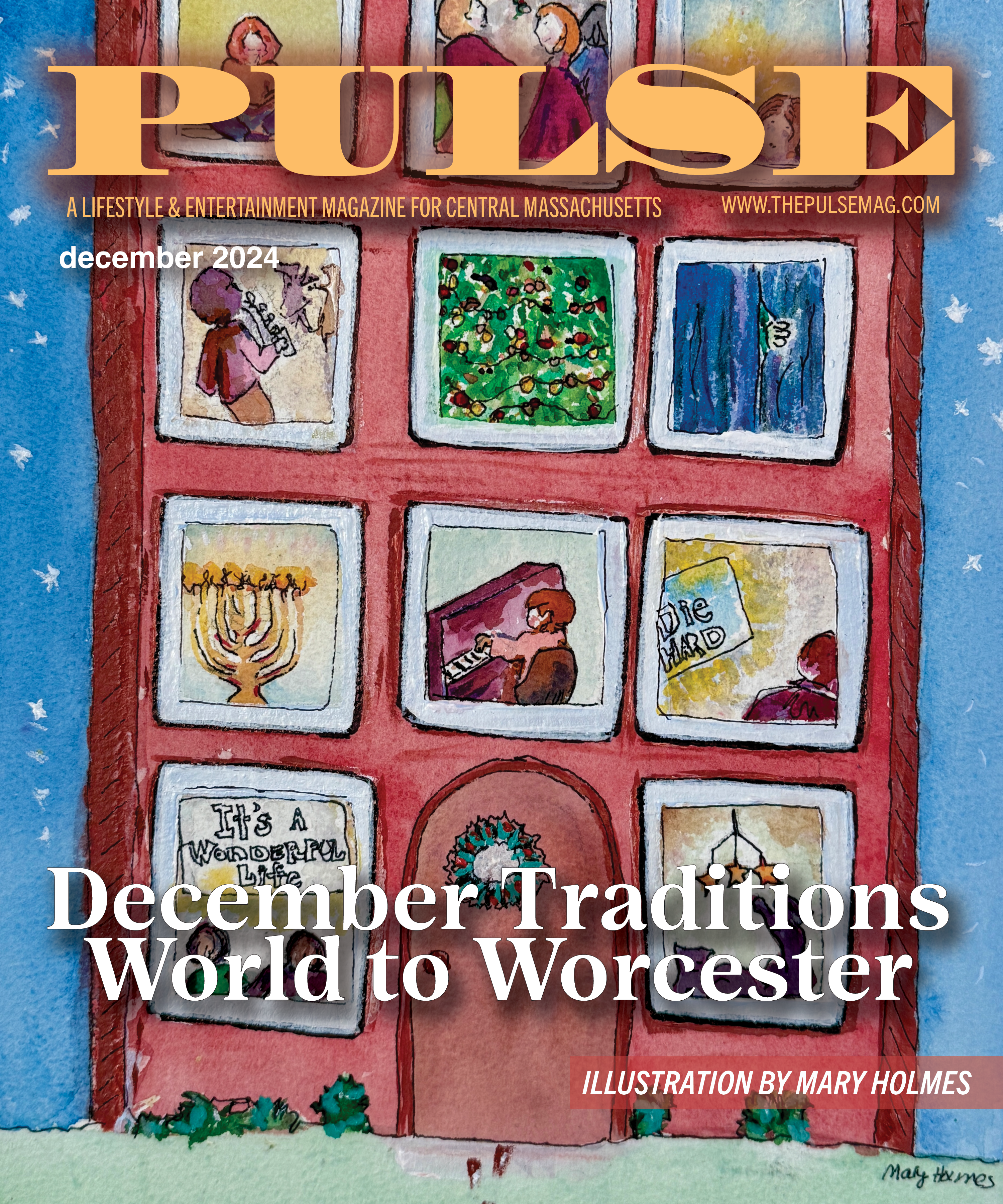PULSEfilm: Off The Map
An Evening of Film and Discussion with Screenwriter Joan Ackermann
June 2005 – Taos, New Mexico is a far cry from Worcester. Anyone who has ever visited the “Land of Enchantment” understands the appeal and beauty of its picturesque desert landscape. Joan Ackermann both understands it and invites us to experience it with her. The multi-talented and eloquent author, journalist, playwright, screenwriter and co-founder of Great Barrington’s Mixed Company theatre troupe set her screenplay (originally a play for stage) for the movie Off The Map outside of Taos, the perfect back-drop for the well-woven story. The film is visually nothing short of a postcard come to life.
Cinema 320 and the Mass Bay Film Project co-sponsored both the May 15 screening and the talk that followed. Nearly 100 people were in attendance to view the film and to hear Ackermann’s revealing discussion of the film’s conception and evolution.
Off The Map tells the story of the Groden family: Bo (Valentina de Angelis), a sharp, inquisitive 12-year-old, her father Charley (Sam Elliott), whose depression sets in during the summer, and her mother Arlene (Joan Allen), whose strength and resourcefulness keeps the family together. The Grodens sustain themselves with very little money beyond what Charley’s veteran benefits provide. This quirky, once adventurous family grows its own food, barters and rummages at the dump, not making more than $5,000 per year. However, one thing that they haven’t done in years is file their taxes, an oversight which becomes a problem during the summer depicted in the movie. IRS agent William Gibbs (Jim True-Frost) visits the Taos, New Mexico Grodens’ unusual home and life changes for all involved, especially Gibbs.
Charley’s depression is held in stark contrast to Bo’s vibrancy and determination to experience the outside world. She loves her father, a man who considers himself “a damn crying machine” while refusing to take medication. William Gibbs’ arrival (combined with his ignorance about depression) provides a distraction and an outside influence for Bo and her father. We see Gibbs take up painting, perhaps in an attempt to loosen the grip of his depression. Charley’s best friend George becomes a companion for Bo, taking her fishing and shopping. We see George’s impact most when he leaves for Mexico to get married; reminding the audience of her young age and illustrating her mother’s hold on her, Bo throws her one and only tantrum. Interspersed with this magnetic tale is an accurate, inspiring visual depiction of the beauty that is the American southwest.
Off The Map began as a stage play for Ackermann, who drew from her own depression when creating Charley’s experience. Before writing the play, she lived in New Mexico for ten years with a family whom she describes as living life on their own terms. One can imagine how the writer’s own depression might have interacted strangely with the desert family’s vitality and spirit, much like Charley’s did with his family’s.
Ackermann described the story’s inspiration, the moment when she heard the voice of Charley. She explained, “There wasn’t an idea, there was a character.” Character-driven stories seem to be the norm for this versatile author and jack-ofall- trades. She began writing poetry during her teens, later becoming a journalist with articles published in The Atlantic, Audubon, GQ, New York Magazine and Time. On a trip to NYC, Ackermann met – purely by chance – actor Campbell Scott, who would eventually, after seeing the stage production, sign on to direct the screen version of Off The Map. After adapting the screenplay, Ackermann spent 10 years in pursuit of funding that would allow her to make the film; as she explained, “There was a lot of serendipity involved.” Off The Map is an honest, humble look at one family’s experience over the course of a summer. For its intoxicating scenery and fascinating story, this film deserves not to be missed.






